JAKS - Why I am Still Buying - Koon Yew Yin
Koon Yew Yin
Publish date: Wed, 31 Jan 2018, 09:54 PM
The price chart below shows that its price has gone up from Rm 1.00 to close at Rm 1.75 within 12 months.
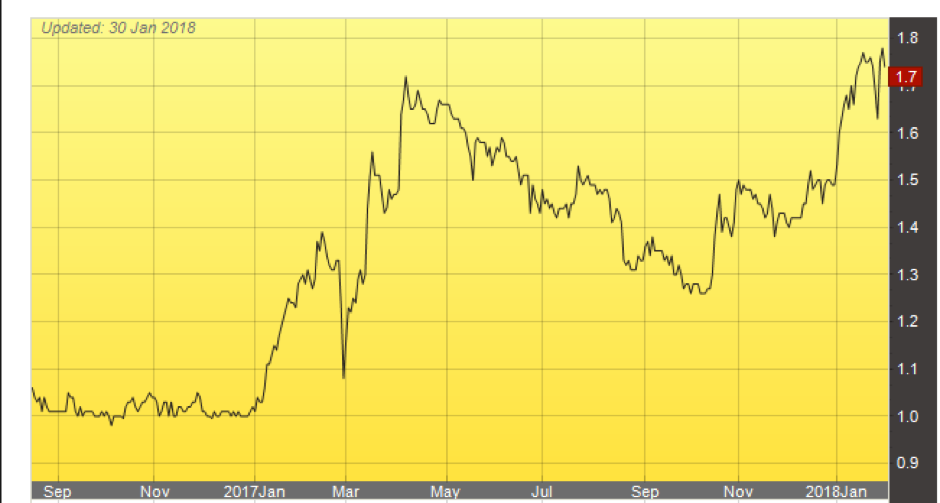
From the company announcement, you can see that my wife Tan Kit Pheng has reported yesterday that she has bought 2.4 million shares and I have transferred 1.5 million shares from my RHB account to my Maybank account to increase my margin to buy some more Jaks. I shall report my purchase in due course.
My wife has 44 million shares and I have 108 million shares totalling 152 million shares.
Why I am buying so many shares?
About six years ago, the Vietnamese Government awarded a few concessions to private firms to produce electricity in view of the country’s rapid economic expansion.
JAKS Resources Bhd was awarded the contract to construct two units of 600 megawatts (MW) coal-fired power plant to sell electricity to the Vietnamese Government for a 25-year period in August 2011.
Since the total cost of US$1.87 bil (RM7.76 bil) (based on US$1=RM4.15) is so huge that JAKS could not find any bank to finance the project, the construction of the power plant was postponed several times until JAKS found China Power Engineering Consulting Group Co Ltd (CPECC) to be its joint venture partner in March 2016.
The construction is scheduled to complete in 2020. CPECC is very experienced in conducting survey and designing of power generation and transmission plants. Moreover, CPECC has been playing a leading role in China’s power survey and design industry with about 90% of such work in the country undertaken and completed by the group.
After careful study of the viability of the concession, a consortium of three banks, namely Industrial and Commercial Bank of China, China Construction Bank Corporation and Export-Import Bank of China have expressed preparedness to finance US$1.4 bil (RM5.81 bil) for the entire scheme.
Assurance of project completion
The three Chinese banks accepted the power purchase agreement (PPA) duly signed by the Vietnamese Government as collateral to finance the project. The banks will provide 75% of the funding for the project cost totaling of RM7.76 bil with the balance (25%) to be borne by JAKS and CPECC.
To protect the banks’ interest, the financiers must make sure that the PPA is water-tight and that JAKS and its JV partner must be able to complete the project on time. Both JAKS and CPECC must also be financially sound, otherwise they will not be capable of paying up the remaining 25% of the project cost of RM7.76 bil which amounts to RM1.94 bil.
To ensure that the whole project can be completed satisfactorily, the Chinese JV partner undertakes the full responsibility to complete the construction and operate the power plant for 25 years. JAKS will receive US454.5 mil (RM1.89 bil) during the construction period and 30% share of the independent power producer (IPP) business. The profit of about RM400 mil for JAKS will flow back into the JV company to fund JAKS’ equity portion. In other words, JAKS only needs to fork out RM203mil to own a 30% stake in the power plant. JAKS is also given an option to buy up another 10% of the JV company.
In essence, JAKS is sure to make RM400 mil during the construction period. Upon completion of the power plant project, both JAKS and its partner will enjoy profit every year for 25 years from the sale of electricity to the Vietnamese government.
When will we sell our shares?
If you study JAKS’JV contract with the Chinese partners carefully, JAKS will be paid Rm 400 million during the power plant construction and will get profit each year for 25 years from the electricity sales to the Vietnamese Government.
As I said many a time, I will only start to sell when I see the company stop making profit. It looks like Jaks will continue to make profit during the construction and each year for 25 years during the electricity sales to the Vietnamese Government.
I am obliged to inform you that my wife and I are buying and I am not asking you to buy or to sell. If you decide to buy or sell, you are doing at your own risk.
Related Stocks
| Chart | Stock Name | Last | Change | Volume |
|---|
More articles on Koon Yew Yin's Blog
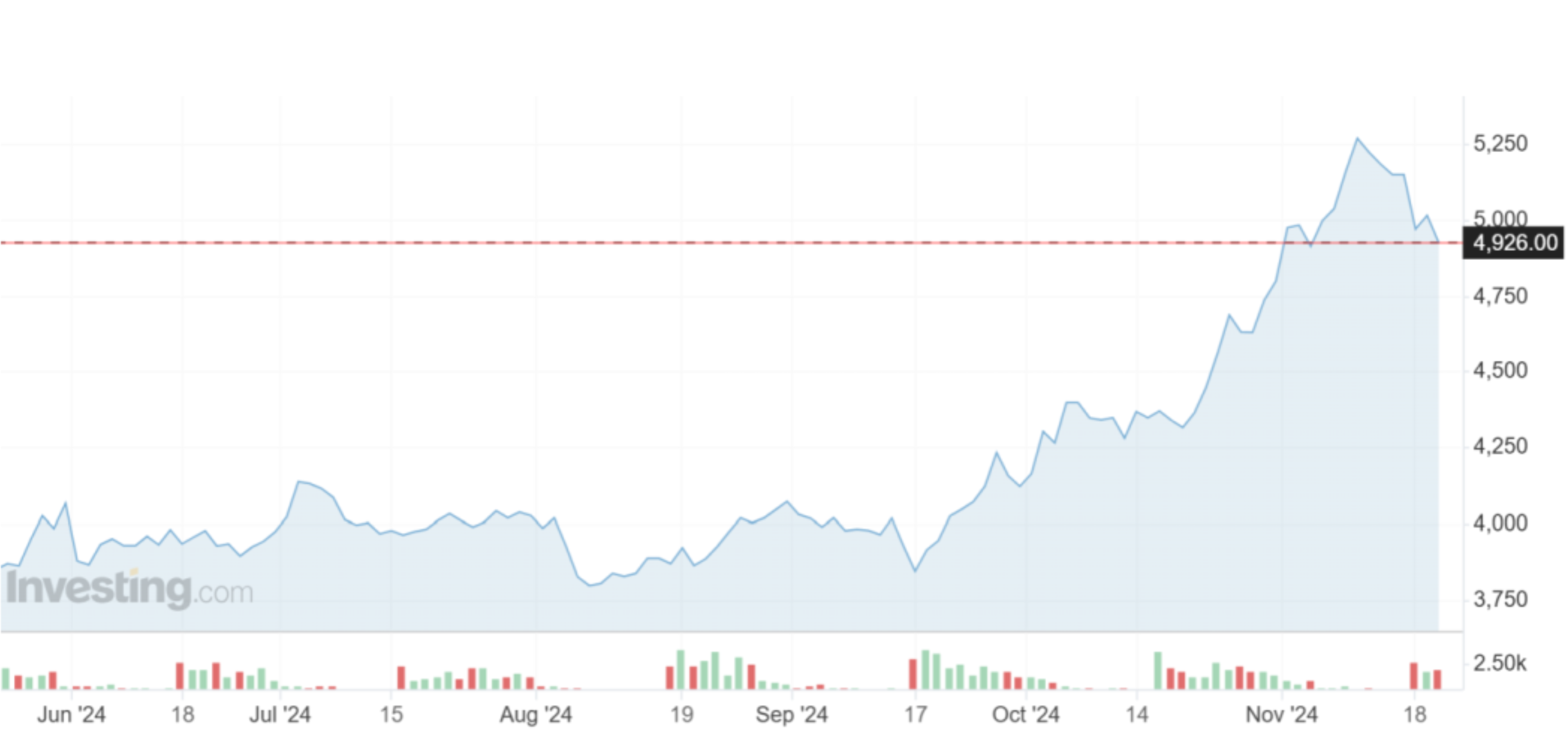
Created by Koon Yew Yin | Nov 22, 2024
All plantation companies are reporting better profit for the quarter ending September when CPO price was about RM 3,800 per ton.
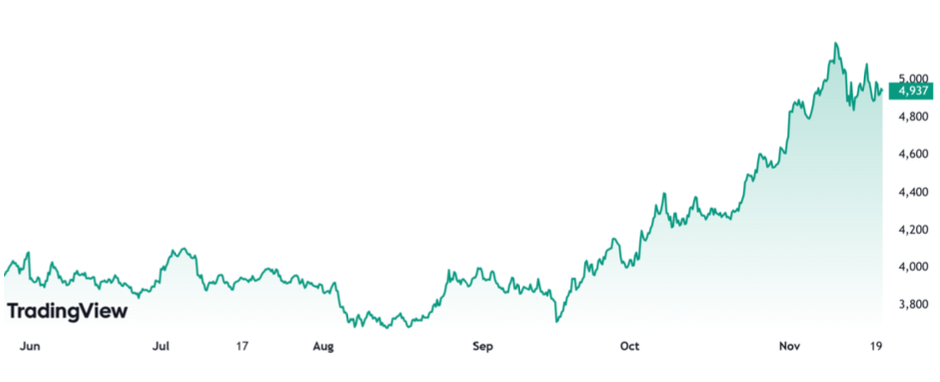
Created by Koon Yew Yin | Nov 21, 2024
Indonesia is the biggest palm oil producer in the world. Indonesia plans to implement biodiesel with a mandatory 40% blend of palm oil-based fuel from Jan. 1 next year, a senior energy ministry offici
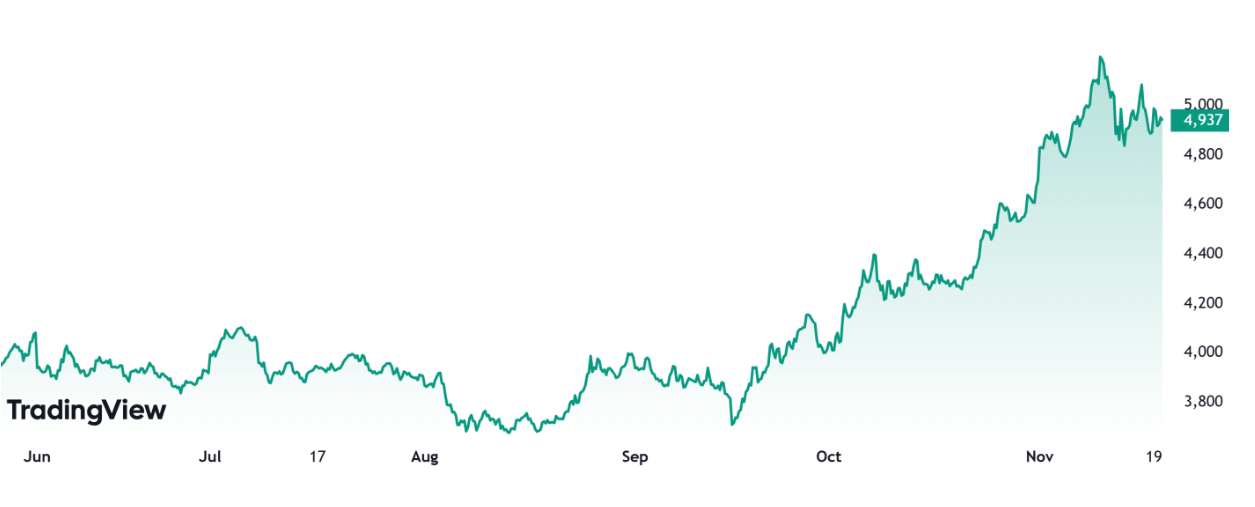
Created by Koon Yew Yin | Nov 20, 2024
Indonesia plans to implement biodiesel with a mandatory 40% blend of palm oil-based fuel from Jan. 1 next year, a senior energy ministry official said recently, lifting prices of the vegetable oil...

Created by Koon Yew Yin | Oct 30, 2024
Latest poll on 30th Oct 2024
Created by Koon Yew Yin | Oct 30, 2024
Latest poll on 30th Oct 2024
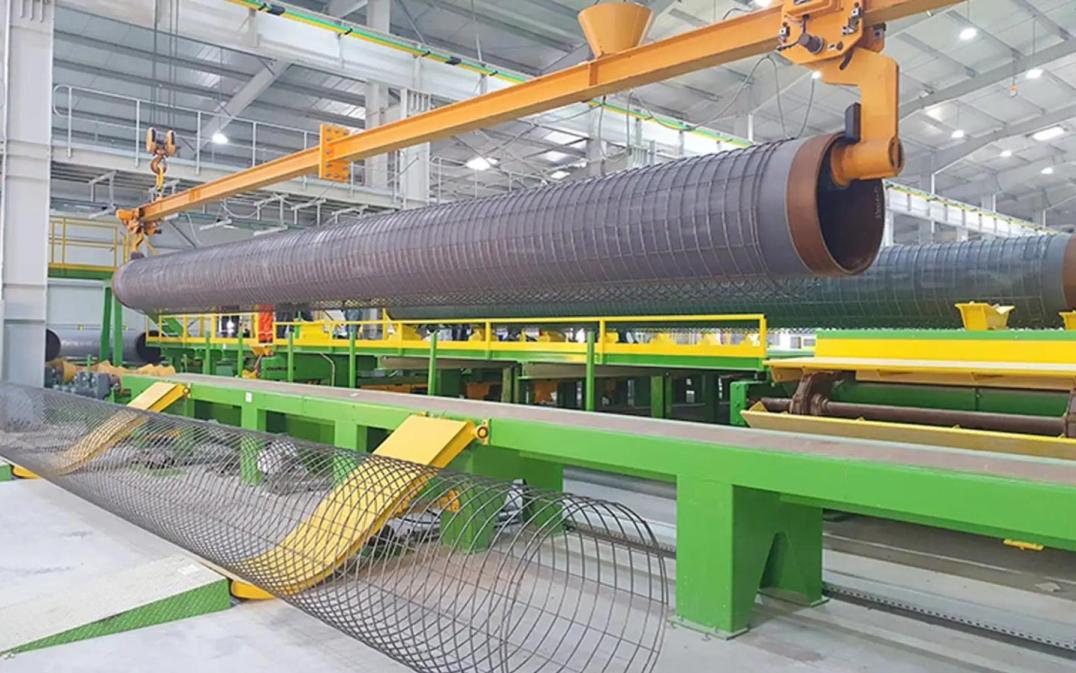
Created by Koon Yew Yin | Oct 25, 2024
The group is expected to deliver better profits and revenue from its pipe coating, engineering, and bioenergy segments.
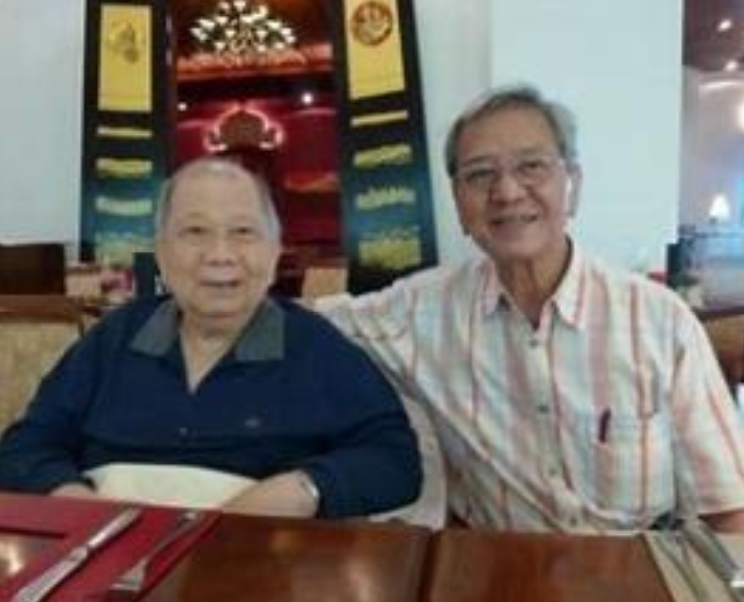
Created by Koon Yew Yin | Oct 14, 2024
Today I read the article by Murray Hunter titled “A Visit to the Malaysian Communist Party tunnels in Betong, Thailand”, which is an important part of Malaysia’s history.

Created by Koon Yew Yin | Oct 04, 2024
KSL is still the cheapest based on a 4.4 PE ratio, which means its share price should continue to go up. Unfortunately, there are a few small investors who always queue to sell at cheaper prices...
Created by Koon Yew Yin | Oct 04, 2024
KSL is still the cheapest based on a 4.4 PE ratio, which means its share price should continue to go up. Unfortunately, there are a few small investors who always queue to sell at cheaper prices...
Created by Koon Yew Yin | Sep 06, 2024
Water pollution is a huge challenge for freshwater in the UK, impacting our rivers, streams, and lakes and the wildlife that call them home.


















